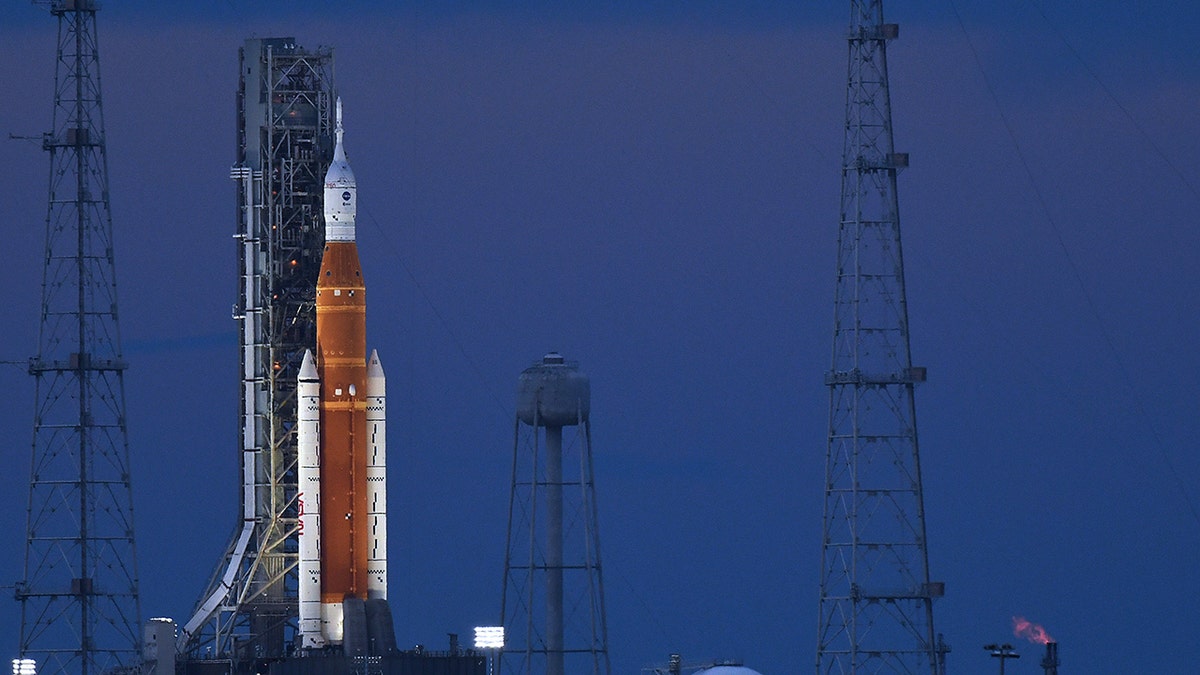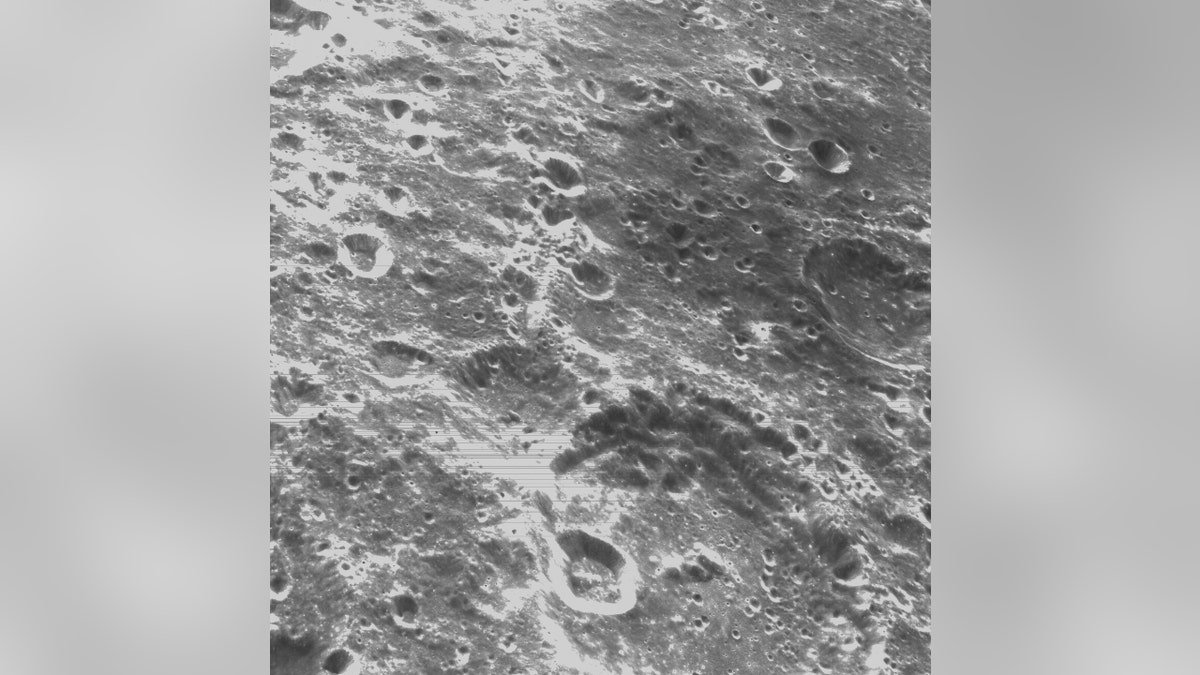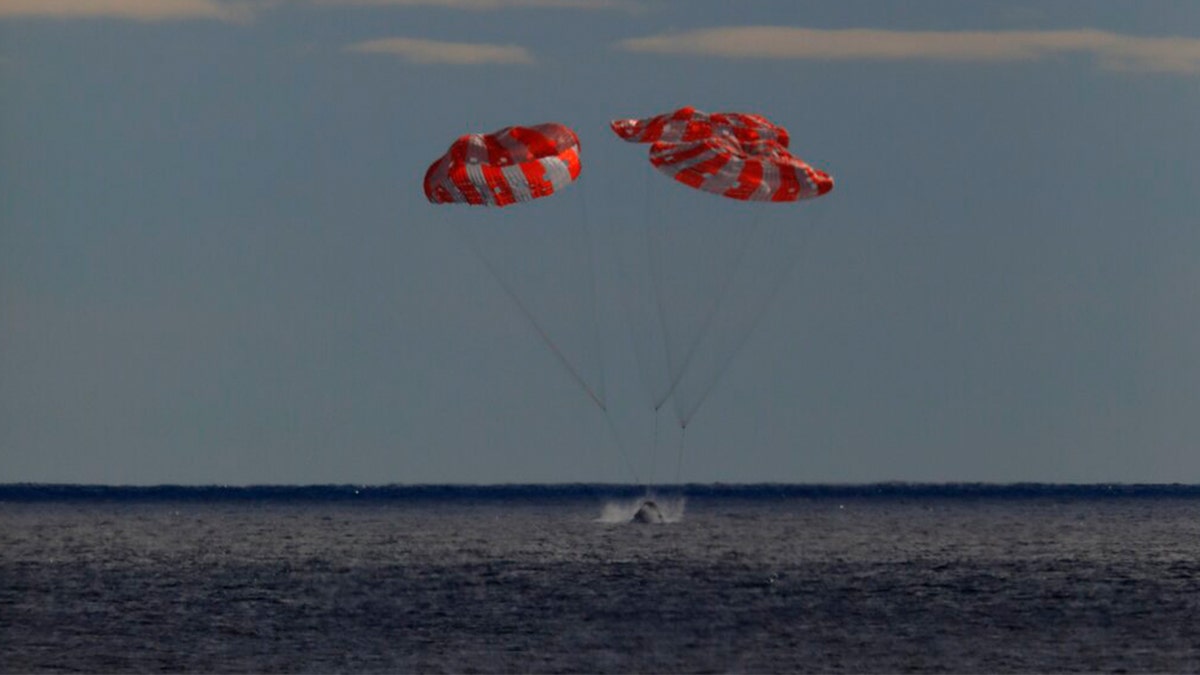Artemis I mission ‘successful beyond NASA’s dreams’: Tom Jones
Veteran NASA astronaut Tom Jones recaps the historic Artemis I mission after the Orion capsule made a successful return to earth and outlines what this means for the lunar return program.
NASA's top administrator says the U.S. is in a new space race with China and warned that a Chinese win could result in the country claiming to "own" vast swaths of the moon.
NASA administrator Bill Nelson, a former astronaut and Florida senator, warned that it is entirely possible that China would cordon off the most resource-rich areas of the lunar surface if they establish a presence there first, Politico reported Sunday.
"It is a fact: we’re in a space race," he told the outlet. "And it is true that we better watch out that they don’t get to a place on the moon under the guise of scientific research. And it is not beyond the realm of possibility that they say, ‘Keep out, we’re here, this is our territory.’"
Nelson went on to point to China's aggression in the South China Sea, where the Chinese government has routinely made claims of sovereignty over areas belonging to other countries.
NASA SPACE CAPSULE ROUNDS THE MOON

NASA's Space Launch System (SLS) rocket with the Orion spacecraft stands on launch pad 39B as final preparations are made for the Artemis I mission at the Kennedy Space Center on November 15, 2022. (Paul Hennessy/Anadolu Agency via Getty Images)
China's burgeoning space program succeeded in establishing a new space station earlier this year. Meanwhile, NASA has been working on its Artemis series of missions to the moon.
FOLLOWING 'UNEXPECTED LOSS' NASA SAYS ORION SPACECRAFT COMMUNICATIONS RESTORED
Artemis I launched in November for a 26-day mission taking pictures of the lunar surface, and the Artemis II and III missions are progress toward more established activity on the moon.
NASA has also focused on Mars, however, sending multiple robotic rovers to the planet to gather data on the planet's soil, atmosphere and potential landing zones for a manned mission.

On the sixth day of the Artemis I mission, Orion’s optical navigation camera captured black-and-white images of craters on the Moon below. (NASA Johnson)

In this photo provided by NASA the Orion spacecraft for the Artemis I mission splashes down in the Pacific Ocean after a 25.5 day mission to the Moon, Sunday, Dec. 11, 2022. (NASA via AP)
Artemis I returned to earth and splashed into the Pacific Ocean in December.
CLICK HERE TO GET THE FOX NEWS APP
Chinese investment in spaceflight and other rocket technology comes amid an ongoing arms race with the U.S. and Russia as all three countries are currently developing hypersonic weapons.





















